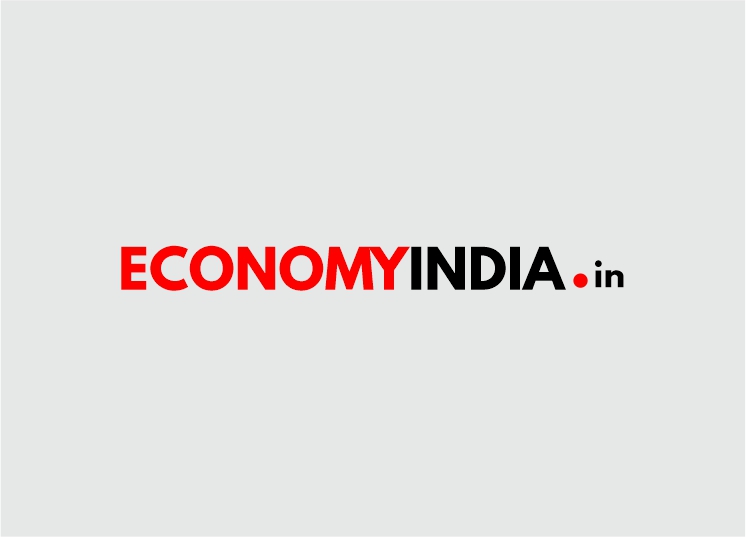According to a report in Business Standard, India is the world’s third-largest oil importer. It imports 86% of its crude oil requirements to make the petrol and diesel that is sold by domestic companies like Indian Oil and Hindustan Petroleum.
Iraq is the top oil supplier. Saudi Arabia, UAE, Nigeria, and the US are other key sellers. Therefore, any geopolitical tension affecting the supply of crude oil does not bode well for Indian consumers as well as government finances, the report said.
Crude oil prices have been on the boil for some time now, gaining around 60% over the past year because of tight supplies. The OPEC+, which includes the cartel’s allies led by Russia, has been failing to meet its monthly production target since last August.
Brent Crude
The global benchmark, touched 90 dollars a barrel for the first time in seven years as rising political tensions between Ukraine and Russia added to concerns that supply could get even tighter.
A potential invasion of the oil and gas transit hub of Ukraine by Russia, which is one of the world’s largest oil exporters, could disrupt supplies of the key commodities, the report said.
Analysts expect oil prices to hit 125 dollars a barrel if the situation escalates into a war.
The dependence on overseas supplies in a high-priced oil market leaves India vulnerable to higher inflation and a weaker rupee.
India’s crude import bill is expected to touch a record $111 billion this fiscal, which will worsen the Current Account Deficit, the report said.
If the oil prices stay at higher levels, rate hikes from the RBI can be expected quicker, say experts.
Fiscal Deficit
As oil prices fell dramatically from mid-2014, the government took advantage by steadily increasing excise duties on fuel. As a result, central excise collection on petrol and diesel increased very steeply. From 1.37 trillion rupees in FY15 to 2.42 trillion rupees in FY17 to 3.72 trillion rupees in FY21. This improved its finances and brought down the fiscal deficit gradually.
However, due to increased government spending to arrest the pandemic-induced slowdown, the deficit worsened to 9.3% in FY21. This time, economists expect the government to meet its fiscal deficit target of 6.8% of GDP, the report said.
While the Centre cut excise on petrol and diesel last November, if it is once again forced to reduce the levy to curb inflation, it will hit excise collections. A fall in revenue will harm the fiscal deficit numbers and also the government’s fiscal consolidation plan of bringing the deficit down to 4.5% by 2025-26.
The government therefore is in a precarious situation and must prepare the Budget based on a reasonable assumption of crude oil prices as inflation number will become the base on which fiscal deficit projections are made. (Business Standard)




